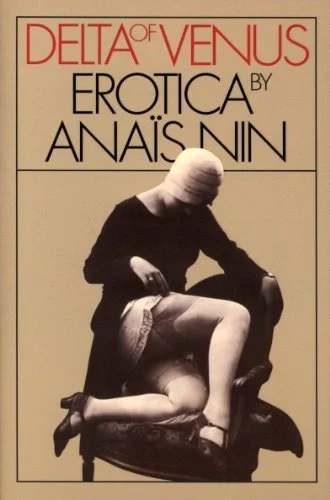Sexuality Beyond Consent: Risk, Race, Traumatophilia / Avgi Saketopoulou / 2023
Boy howdy! This was a provocative and difficult book to read. Saketopoulou turns her gaze to the taboo--from BDSM practices like rape play and slave play to Nazi eroticism--to discuss how the opacity of their shocking content grapples in sometimes useful but more importantly soulful and human ways with historic and personal traumas and how this grappling can lead to states of overwhelm that have the potential of reconstituting the self for better and for worse. It's daring and risky work and along the way Saketopoulou manages to fit in very worthwhile insights. Take her powerful breakdown of our culture's traumatophobia--its constant attempts to heal, repress or freeze trauma--in opposition to traumatophilia, wherein the traumatized person acknowledges the impossibility of returning to their former innocence and returns to the wounds of their trauma to find new ways of relating to it. Or take her insightful critique of the neoliberal transactional nature of affirmative consent and the possibilities of limit consent, where the parties agree to open themselves to the unknown of experience, risking discomfort yes but also gaining profound self-knowledge and experience at times. Both of these explosively paradigm shifting moves are teased out throughout the book with the attention and care they deserve, using rich and difficult art, case studies, and the author's own relationship and experience to both as the playing ground where all the kinks and wrinkles are teased out rather convincingly. While some of Saketopoulou's insights aren't exactly new to those of us engaged in conversations about these topics--social justice oriented folks are aware of a number of critiques of affirmative consent and talk about these at length even as we propagandize and use it as a beginner level basis in sex education--Saketopoulou weaves insights about consent, trauma, and healing in a unifying and sweeping vision and conversation. This is immensely useful, even if you're not a fan of psychoanalytic theory. My patience with Saketopoulou’s jargon and the nooks and crannies of her academic discourse largely paid off for the ways she bolstered my understanding of things I've only intuitively understood the limits of healing and the nature of trauma and for the frankly troubling, freaky but familiar content. While horrifying, the taboos and traumas Saketopoulou discusses aren't exactly uncommon.
As far as missteps go, there's a few, however. There's a rather unflattering moment where Saketopuolou reads a man's erection as a signal of an uncomplicated signal of his erotic excitement, despite his claims to the contrary. It's male survivor 101 that erections are a physiological response and not necessarily indicative of consent. While this misstep doesn't shatter Saketopoulou’s argument in context, it's hurtful and a breach of trust in a book where the reader needs A LOT of trust in the author as she puts traumatic and sometimes vomit-inducing content under the microscope again and again. While I dig Saketopoulou’s argumentative defenses of space play in bdsm communities, I wish she would have created more space for the interrogation of desire. No matter how heinous, it is my belief that desire is ethically neutral. It's what we do with that desire that steps us into the domain of ethics. One of the things I love most about queerness and being queer is its questioning of desire. While no one is necessarily wrong for desiring x or y, queer communities have taught me to question and turn over the why of my desires. While I get that folks with rape and/or slave kinks may have to deal with a lot of scrutiny of their desire, not all of this scrutiny is unwarranted. I don't take for granted anyone's professed self-knowledge because being marginalized doesn't mean you are granted with an innate sense of what is best for you. Each of us grapples and fumbles our way towards that, sometimes with greater conviction and justification than others.
I do not recommend this book to the faint of heart. Seriously, stay away. If you're interesting in grappling with trauma and difficult questions regarding consent, trauma, and race, hit me up after you've read this. There's a lot to unpack here. ⅘
